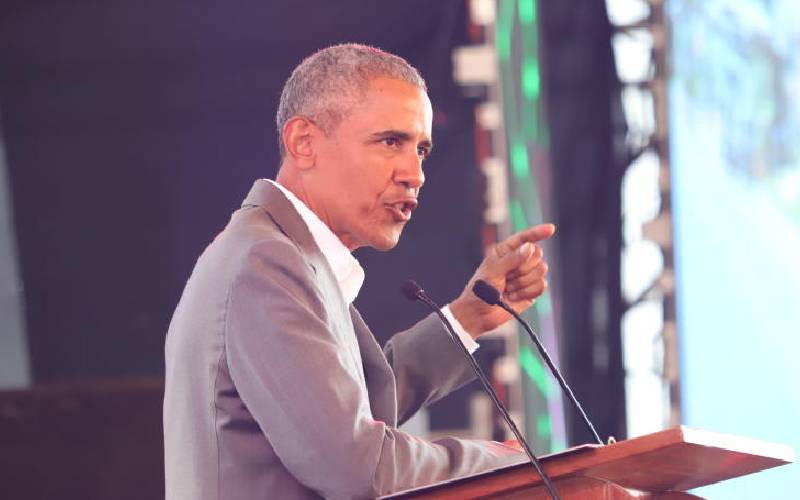×
The Standard e-Paper
Stay Informed, Even Offline

It was May 1938 and war drums of World War II had started beating across the world.
Just like a few years earlier in 1915 during the build-up of the First World War, the British colonial government shifted its attention to Kenya to get soldiers to join its combat unit.